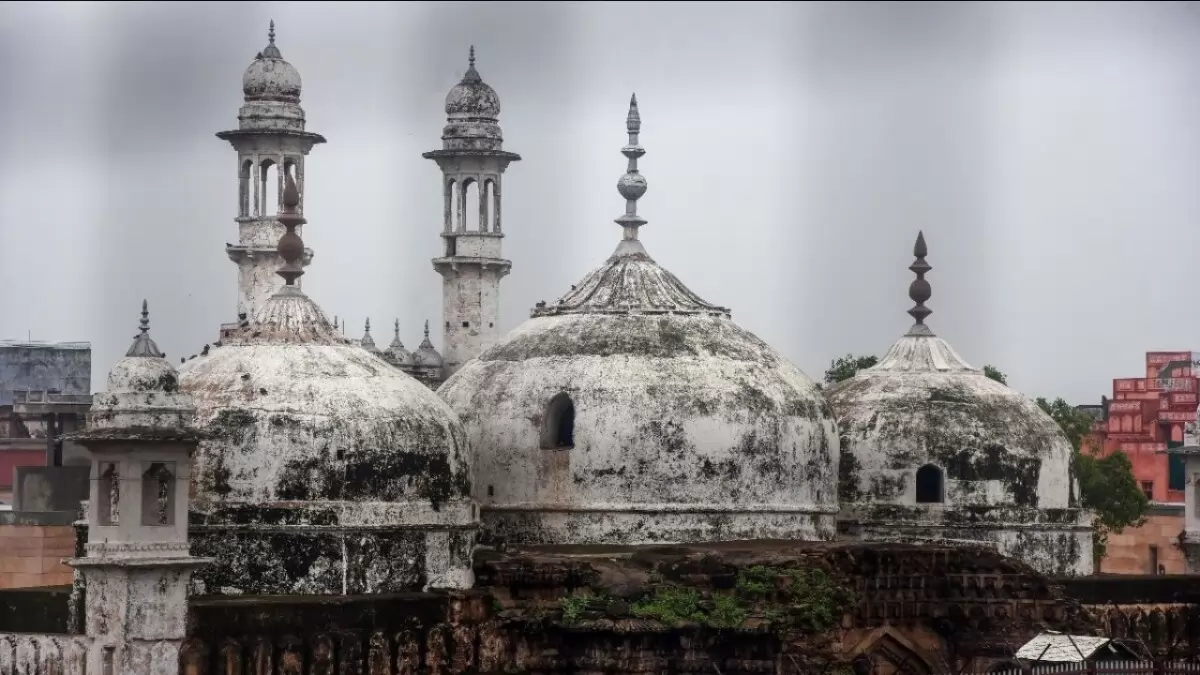
X
The Archaeological Survey of India (ASI) on Monday submitted its much-awaited scientific survey report on the contested Gyanvapi mosque complex in Varanasi before the district court there. The report was furnished in a sealed cover, adding an extra layer of confidentiality around the supremely sensitive issue.
The survey was ordered by Allahabad High Court after it upheld the Varanasi district court order and ruled this step was "necessary in the interest of justice" for both the Hindu and Muslim communities.
The survey was conducted to scientifically determine whether the 17th-century Gyanvapi mosque had fully or partially overwritten any remnants of a pre-existing Hindu temple structure at the site. The excavations and analysis aimed to settle recurring historical claims over the property.
To conduct its comprehensive study, the ASI team moved into the mosque area adjacent to the iconic Kashi Vishwanath temple last month. The survey continued non-stop daily till its mandated deadline, amidst heavy security.
The Allahabad High Court permitted the Gyanvapi mosque survey to proceed, after upholding a Varanasi court directive.
The High Court ruled the excavations were in "public interest" and could assist both Hindu and Muslim petitioners in this religious dispute.
However, the mosque committee challenged the order at the Supreme Court. On August 4th, the apex court headed by CJI DY Chandrachud allowed the survey under restrictions.
The Archaeological Survey of India was barred from any destructive activities that could alter site integrity, ruling out excavations permitted by the Varanasi court earlier.
As per the Varanasi court's directions, the sealed report will be shared with concerned litigants in the case on December 21st. Subsequently, a copy will also be dispatched to the Supreme Court which is overseeing the proceedings.
The survey findings can weigh heavily in resolving this decades-old places of worship dispute. Its conclusions may provide ammunition to Hindu groups staking claim over the Gyanvapi mosque area by citing remains of Hindu temple architecture.
With both sides remaining firmly entrenched in their positions, the judicial system faces a tough call in interpreting these archaeological inputs and balancing matters of faith with historical evidence. For now, at least, the ASI's secret survey results hold the key in this simmering communal dispute.





Copyright © 2026 Top Indian News
